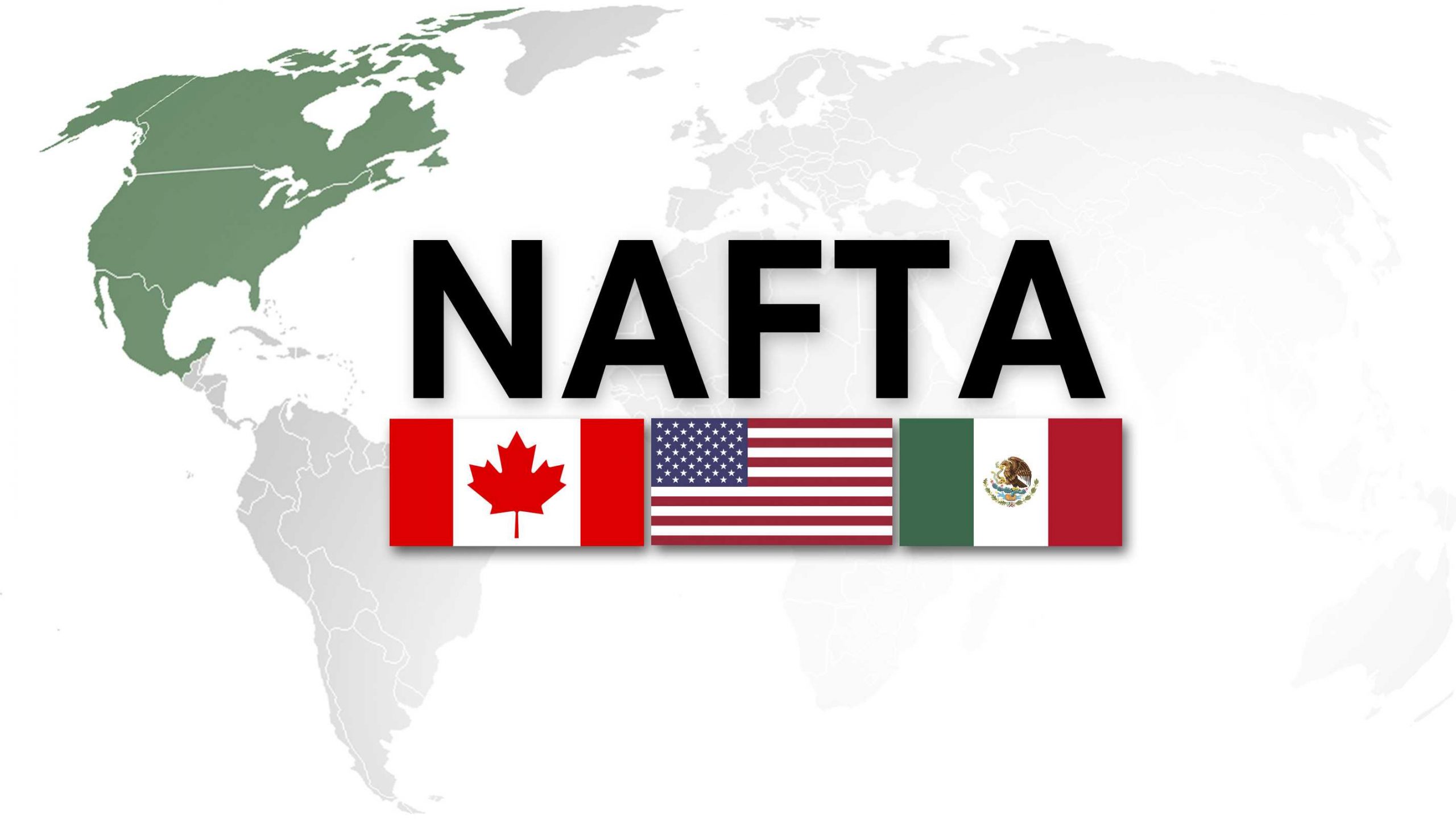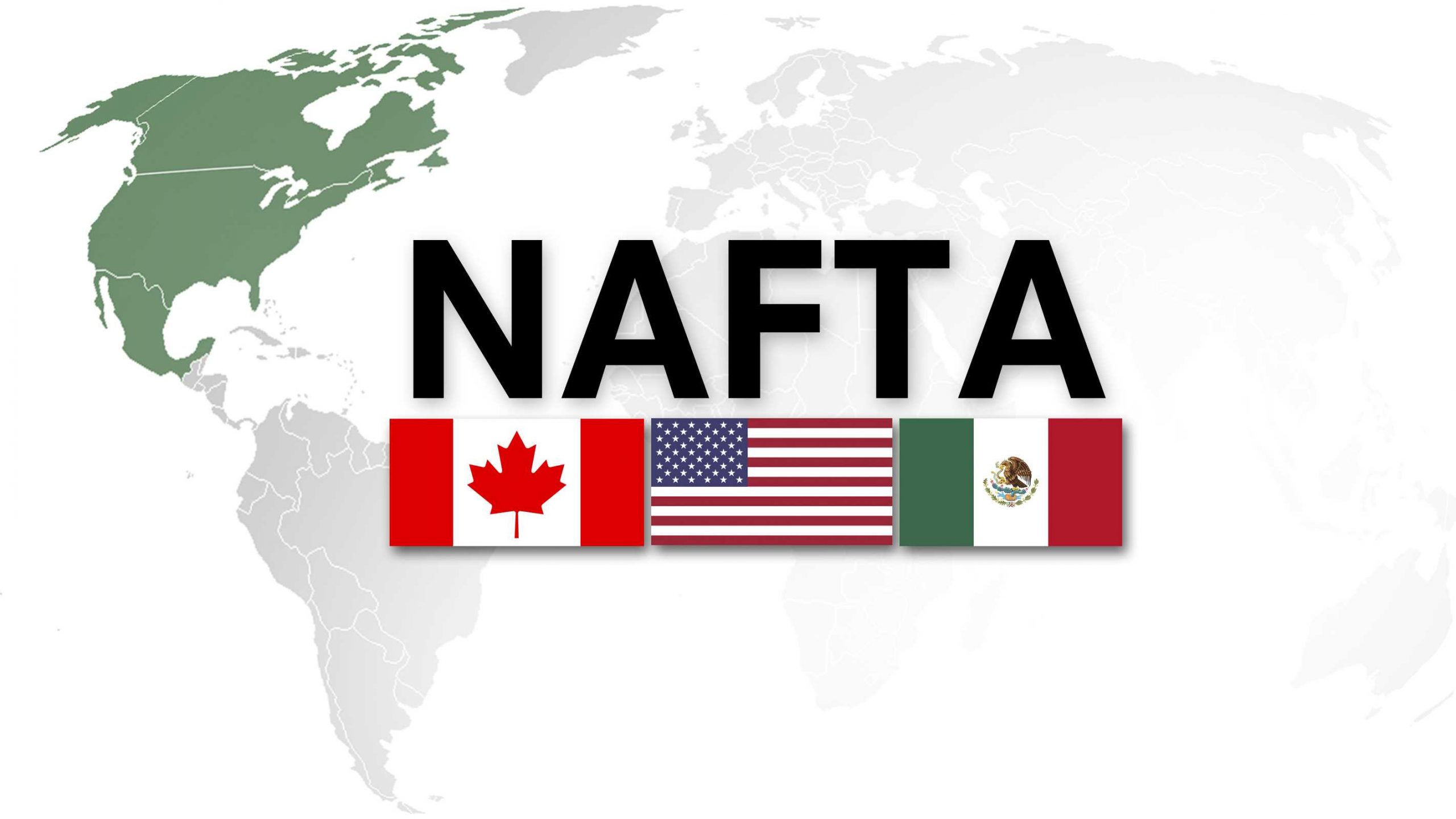The discussion of the North American Free Trade Agreement (NAFTA) has been popular throughout January, with officials from the United States, Mexico, and Canada concluding round 6 talks in Montreal, Quebec on the 29th. Ever since President Trump declared NAFTA “the worst trade deal the US has ever signed” during his 2016 election campaign, tensions have been high across North America due to uncertainty about the future of this crucial free trade agreement.

It was in early 2018 when the Trump administration began to insist that trade relations with Canada and Mexico needed to be recalibrated to favor United States interests. Since then, we’ve heard discussions about making changes to NAFTA, as well as threats to withdraw from the agreement if Trump doesn’t achieve the desired results. This process, known as the NAFTA renegotiation, has significant implications for the economic growth and trade balance of all three countries involved.
The Turning Point: Critical Talks and the Future of NAFTA
Last month marked one of the most important talks to date for the health of NAFTA. The week-long round of discussions, which ended on the 29th, saw each country present its own vision for the trade agreement. Despite the challenges, there was optimism about the outcome. Chrystia Freeland, the Canadian Foreign Minister, expressed belief that the three nations could achieve a “win-win-win” situation with a revamped NAFTA, potentially leading to the creation of the United States-Mexico-Canada Agreement (USMCA) or T-MEC, as it’s known in Mexico.
One of the most controversial topics during the meetings has been the automotive industry, with Ford and GM operating facilities across the United States, Mexico, and Canada. The US is demanding a higher proportion of parts be made in America to fall under NAFTA’s tariff-free rules, proposing 50% US content for North American-built cars traded under the agreement. This proposal aims to address concerns about the US trade deficit and boost competitiveness in the manufacturing sector.
However, Canadian Foreign Minister Freeland rejected the initial proposal during the meeting. In response, Canada made several counterproposals, including changing the method of calculating a car’s value, promoting autonomous vehicle development, and mandating the use of North American steel in manufacturing. These suggestions were aimed at preserving the integrated supply chains that have developed under NAFTA while addressing US concerns about job losses and wage differentials.
US Trade Representative Robert Lighthizer, however, dismissed these efforts, which could have made a breakthrough in the automotive sector discussions. Lighthizer stated that officials were only beginning to discuss these key areas, along with others such as intellectual property rights and dispute resolution mechanisms, and progress was moving at a slow pace.
An additional concern raised by the United States is that automakers are taking jobs away from American workers. Ford counters this argument by asserting that they only use outside plants for smaller production vehicles while continuing to use their US plants and maintain jobs domestically. This aligns with NAFTA’s original goal of bringing jobs and trade benefits to all three countries. However, the impact of NAFTA on job creation and losses remains a contentious issue that requires further analysis in upcoming meetings.
What’s Next for NAFTA in 2018?
Additional rounds of talks are planned to continue into 2018, with the next meeting scheduled in Mexico City this month. Mexico’s Economy Minister Ildefonso Guajardo predicts that topics revolving around telecommunications and digital commerce will come to an agreement during this meeting. However, time is limited as there is still significant progress to be made, and Mexico is holding a presidential election in the summer. If talks continue past March, there’s a possibility that negotiations could be delayed until after the elections and the new president takes office, meaning no progress until after December 2018.
There is hope that NAFTA will survive 2018 without major disruptions, but Trump had initially hoped to have things wrapped up by the end of 2017. Now, sights are set on the end of 2018, with some predictions of talks extending into 2019. Officials from both Mexico and Canada remain


